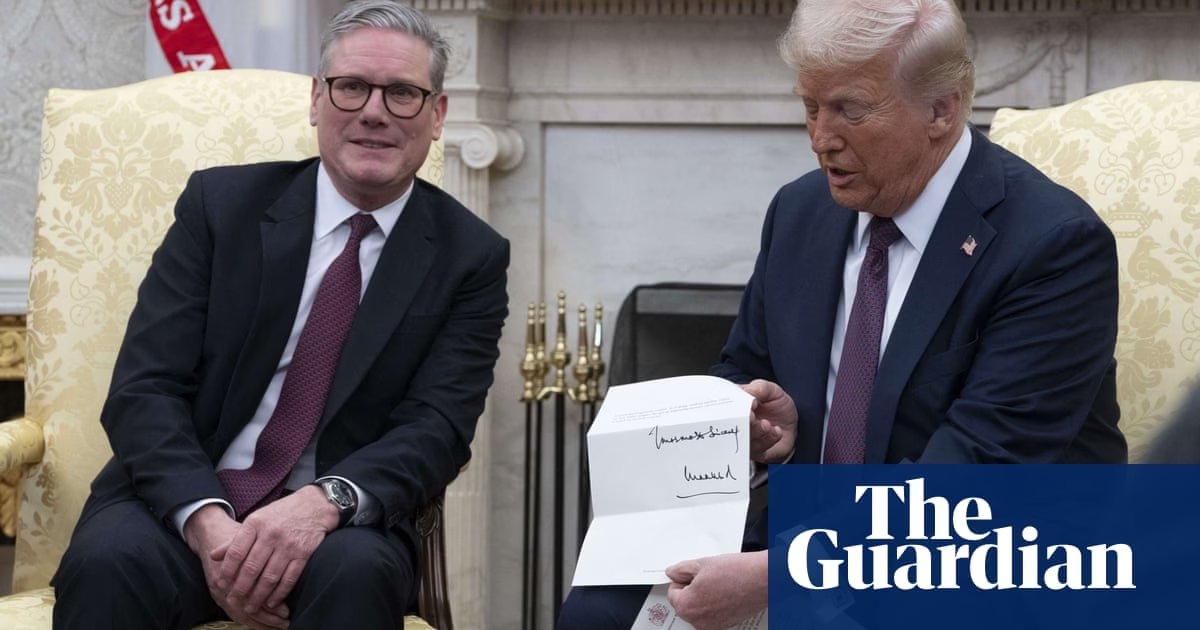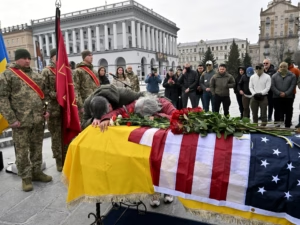As Donald Trump waved his personal invitation from King Charles III to pay a second historic state visit in the Oval Office, his delight was evident before the TV cameras. Keir Starmer retrieved the letter from his jacket pocket and handed it to the US president with the dramatic flourish of Neville Chamberlain’s “I have in my hand a piece of paper” moment. From Trump’s gleeful response, it was clear: in weaponising the Windsors, the prime minister had played a very successful move.
Monarchists have long argued that the soft power of royalty is among its greatest assets. From George VI visiting President Franklin Roosevelt before World War II to Queen Elizabeth II wooing Dublin in Gaelic on her historic 2011 visit, royalty is often used at the government’s behest. State visits, both incoming and outgoing, are decided by the royal visits committee, which includes members from the Foreign Office and Buckingham Palace. However, these decisions are made by the government to pursue its diplomatic objectives.
A young Queen Elizabeth’s widely-photographed foxtrot with Ghanaian president Kwame Nkrumah in 1961 silenced his threat to split from the Commonwealth. Her decision to seat Nelson Mandela at a 1975 international dinner in Africa before he became South Africa’s president was symbolic. Throughout her long reign, she was used in this way, but not always gratefully. The queen found it difficult to entertain Nicolae Ceaușescu, Romania’s dictator, in 1978 due to his paranoia about security and being bugged.
The monarchy’s role is to do as it is told. Ziziabong, Zimbabwe’s president was another tyrant that Queen Elizabeth had to entertain. If the queen felt any unease about shaking the hand of former IRA commander Martin McGuinness’ at Belfast’s Lyric theatre in 2012, it was not shown in her warm smile.
Saudi Arabian crown prince, later King Abdullah bin Abdulaziz was driven around the Balmoral estate by Queen Elizabeth II. Because driving was forbidden for women in Saudi Arabia, this was a significant moment. Charles, as Prince of Wales, failed to attend two Chinese state visit banquets in 1999 and 2015, raising questions about a boycott. It was a successions issue then, but things have moved on.
Soft diplomacy costs are massive. Travel for the royals and their entourages is paid for by the sovereign grant given to the king, while security expenses are met from the public purse. Although the costs would not be much cheaper with an elected president, the royal family adds a unique touch. In Obama’s words, state visits at Buckingham Palace are not like state visits anywhere else.
Sometimes these visits backfire, like in 2022 when the Duke and Duchess of Cambridge’s Caribbean tour was widely seen as misjudged. The picture of the Duchess shaking hands with Jamaican locals through a wire was unfortunate. This state visit for Trump will be unprecedented. Our foreign policy can be seen in the state visits that are undertaken.
Source: https://www.theguardian.com/uk-news/2025/mar/01/starmer-may-have-weaponised-the-windsors-but-soft-power-is-the-royals-great-asset







